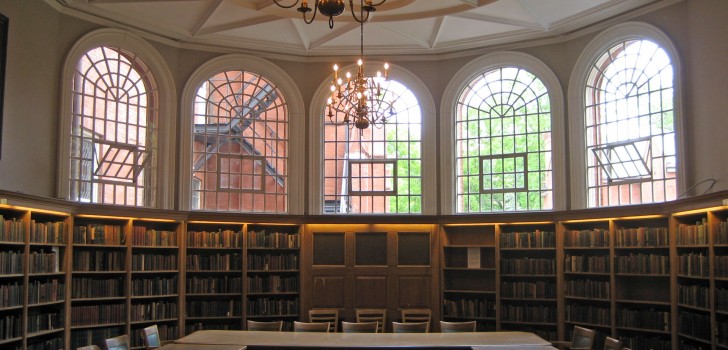The United States Court of Appeals for the 2nd Circuit has ruled that scanning books is legal, even if the person or company that is scanning the books does not own the copyright.
The ruling is in favor of Google, which was sued by the Authors’ Guild. They made the claim in court that showing search results featuring images of scanned books was an infringement on the copyright protections of the publishers.
Google typically only showed small portions of the books in its search results.
The Authors’ Guild said that the book search results that are provided by Google are not transformative works, but rather the sampling that Google provides is an illegal free substitute for their work.
However, the panel of three judges rejected all of the claims made by the Authors’ Guild. The decision should lead to a broadened view of fair use in today’s digital age. Google will be able to continue to scan books without obtaining permission from the publishers.
The ruling could also lead to other large-scale digitization projects in the long run.
The judges determined that copyright protections that are provided to authors do not include the exclusive right to supply information. Google was found to have simply been supplying people with information, which is not protected under the law.
Google’s book-scanning project began in 2004. The company has worked with major academic libraries in order make more than 20 million books readable online. The majority of these books are works of nonfiction that are no longer in print. Depending upon Google’s relationship with the book’s publisher, the book is either posted in its entirety, or small samples of the book are posted.
The court ruled that Google’s work was transformative, due to the ability of users to search the scanned books for selected words. Additionally, Google was protected by the fact that it does not reveal entire books, but rather just limited important information, through what Google refers to as “snippet view”. The size of the “snippets” was also taken into consideration, and the judges found that they were too small to be overly-revealing.
However, the most important factor for Google was the fact that the judges decided that revealing very small portions of the books would not affect the sales of the books. The judges determined that viewers accessing the snippets of the books online would not be any less likely to actually purchase the book or read it in its entirety at a library. Being able to access small samples would not reduce the demand for the books.
Furthermore, even if small samples did lead to the loss of some sales, which the judges said they wouldn’t, the judges also ruled that the samples were not an appropriate substitute for entire books.
The Authors’ guild says that it plans to appeal the decision to the Supreme Court.
Stay Connected